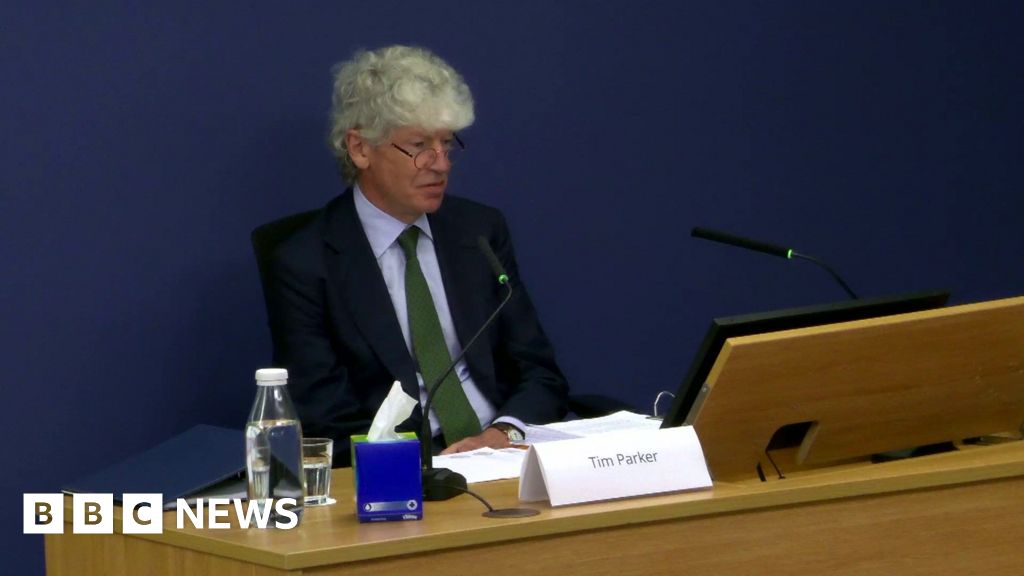This is a place made for people who want to be alone, together. Were a murder to take place there, especially in the harshest months of winter, that apartment building would figure, in effect, as one big locked room, with the murderer sealed in with everyone else.
In her new thriller, “City Under One Roof,” Yamashita deliciously exploits the eerie mystique of Whittier, which is fictionalized here as “Point Mettier.” A teenager named Amy Lin, who is wandering beside the shallow waters of Hidden Cove with her fellow pot-smoking friends, discovers a boot with an amputated foot inside; later, a hand is found. Local police (all two of them) deduce that a murder has been committed. Granted, random body parts have occasionally surfaced before in and around Point Mettier, but the general wisdom is that some of them “probably” belonged to “depressed tourists” jumping off the cruise ships during the summer. This case seems different.
Enter Detective Cara Kennedy from the Anchorage Police Department, who appears in town “to take a closer look.” Cara had planned to spend a few hours on that first visit to Point Mettier, but a blizzard and an accompanying avalanche seal the tunnel, forcing her into an extended stay in the town’s single apartment building: the Davidson Condos, or “Dave-Co.” When Cara first approaches “the behemoth of a building,” she thinks: “So this is it. … This is where the entire town shutters away for the winter … at least those who are willing to stay.” As she begins to meet the neighbors — suspects? — Cara wonders whether she has entered the Twilight Zone.
Yamashita constructs “City Under One Roof” out of alternating short chapters told from three women’s perspectives: There’s our detective, Cara, and Amy Lin, the teenager who discovered the boot and whose mother runs the Star Asian Food restaurant. The other insider is Lonnie, a 30-something woman with a pet moose, Denny, that she leads around town on a leash. Everyone harbors secrets, including our detective.
Though Yamashita conjures up fresh plot twists galore, certain elements of “City Under One Roof” feel derivative. A solitary little girl named Susie, for instance, rides around the labyrinthine corridors of the Dave-Co on a scooter that seems to have transported her straight out of “The Shining.” An older woman named Mariko — once a recording star in Japan, who now performs as a lounge singer in the town’s Salty Pub — decorates her apartment with that horror movie staple: porcelain dolls with staring eyes. Still, Yamashita’s narrative grows in dread, its multiple subplots culminating in a violent scene in a spooky tunnel that runs beneath the Dave-Co. Cara, who’s claustrophobic (of course), must steel herself to enter that underground tunnel to prevent a band of murderous psychopaths from finding the hiding place of their intended victims: “Down. Down. Down. To the bowels of the building. Cara could feel the air start to get thicker and heavier on her. She knew it was all psychological, but it felt like a real, physical attack on her entire body.”
“City Under One Roof” dramatizes both the comforts and the risks of living in an insular community. By story’s end, most readers will probably agree that Point Mettier was a good place to visit, but few of us would ever want to live there.
Maureen Corrigan, who is the book critic for the NPR program “Fresh Air,” teaches literature at Georgetown University.
A note to our readers
We are a participant in the Amazon Services LLC Associates Program,
an affiliate advertising program designed to provide a means for us to earn fees by linking
to Amazon.com and affiliated sites.















































